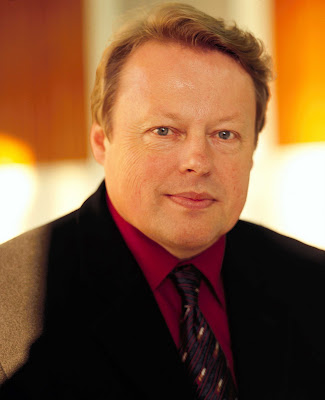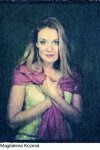Here's the complete list of Gramophone Award winners for 2008. There are several I'm pleased to see, but most of all Tasmin, whose Naked Violin project of course involved no record company, therefore has by nature to be independent of any industry pressure. The list I was sent does not include the labels of each disc, but these will no doubt be available on the Gramophone site as soon as they have all recovered from their hangovers.
Baroque Instrumental
Bach Brandenburg Concertos EBS/Trevor Pinnock
Baroque Vocal
Monteverdi l'Orfeo La Venexiana
Chamber
Brahms. Schumann Piano Quintets Artemis Quartet, Andsnes
Concerto
Elgar Violin Concertos etc. James Ehnes; Philharmonia/Sir Andrew Davis
Contemporary
Harvey Body Mandala BBC Scottish SO
DVD
Mozart Le Nozze di Figaro Pappano/dir. McVicar
Early Music
Nicholas Ludford Missa benedicta et venerabilis New College Choir/Higginbottom
Historic Archive
Vaughan Williams Symphony No. 5/Dona Nobis Pacern BBC Symphony Orch & Chorus/Vaughan Williams
Historic Re-issue
Sibelius Songs Kim Borg
Instrumental
Beethoven Piano Sonatas, Vol 4 Paul Lewis
Opera
Janacek The Excursions of Mr Broucek BBC SO/Belohlavek
Orchestral
Miaskovsky Complete Symphonies Evgeny Svetlanov
Recital
Maria Music inspired by Maria Malibran Cecilia Bartoli
Solo Vocal
Barber Songs Gerald Finley/Julius Drake
Lifetime Achievement
André Previn
Special Achievement
Peter Moores
Classic FM Innovation
Tasmin Little, The Naked Violin
Young Artist of the Year
Maxim Rysanov
Meanwhile over at
The Times, readers were presented with a shortlist - drawn up by Gramophone reviewers - of discs deemed to be 'the greatest recordings of the last 30 years', and were asked to vote on them.
The winner has been revealed as pianist Stephen Hough's adorable rendition of the complete concertos of Camille 'Twinkletoes' Saint-Saens, which is jolly nice for both Hough and CTSS, who well deserve some kind of accolade.
Stephen is that rarity among today's highest-profile pianists: an artist with both imagination and integrity, and one that I will actually cross a road to hear. The others, frankly, I can count on the fingers of one hand.
Now, I adore Stephen's playing as much as anyone and I am absolutely thrilled for him that he should be deemed 'the best of the best'. What I object to is the shortlist.
The Saint-Saens is actually not the best of the best, but the best of a pretty staid and frankly boring bunch.
Hello, folks: there is, shock horror, favouritism in the music business. There is political correctness in the music business. There is a lot of incomprehensible rubbish - indeed, complete, utter nonsense - in the music business. Of course, I have favourite musicians too, but at least I know they're my favourites; I believe them to be among the greatest artists alive today, but I don't go telling Times readers that they've made the five finest recordings of the last 30 years (well, I can't; I don't review for the necessary mag.)
Personally I would rather swim back to shore from my desert island than include Harnoncourt's Beethoven in my eight discs, let alone have to sit through Karajan's Mahler. And how do you arrive at a shortlist that does not include any of the following: Krystian Zimerman's Debussy Preludes; Anne Sofie von Otter's Terezin CD; Richard Goode's complete Beethoven sonatas; Andras Schiff in the Goldberg Variations; Mitsuko Uchida's Schubert B flat Sonata; Matthias Goerne and Brendel in Winterreise; Marc-Andre Hamelin's mind-boggling Chopin/Godowsky set? And those are just a handful of pianists plus a singer or two. Discs are churned out month after month after month; everybody likes different ones; any list is simply invidious.
Music industry awards help to raise classical music's public profile, because the media likes winners and snazzy ceremonies. That is their use, and their only use.
Splash.






